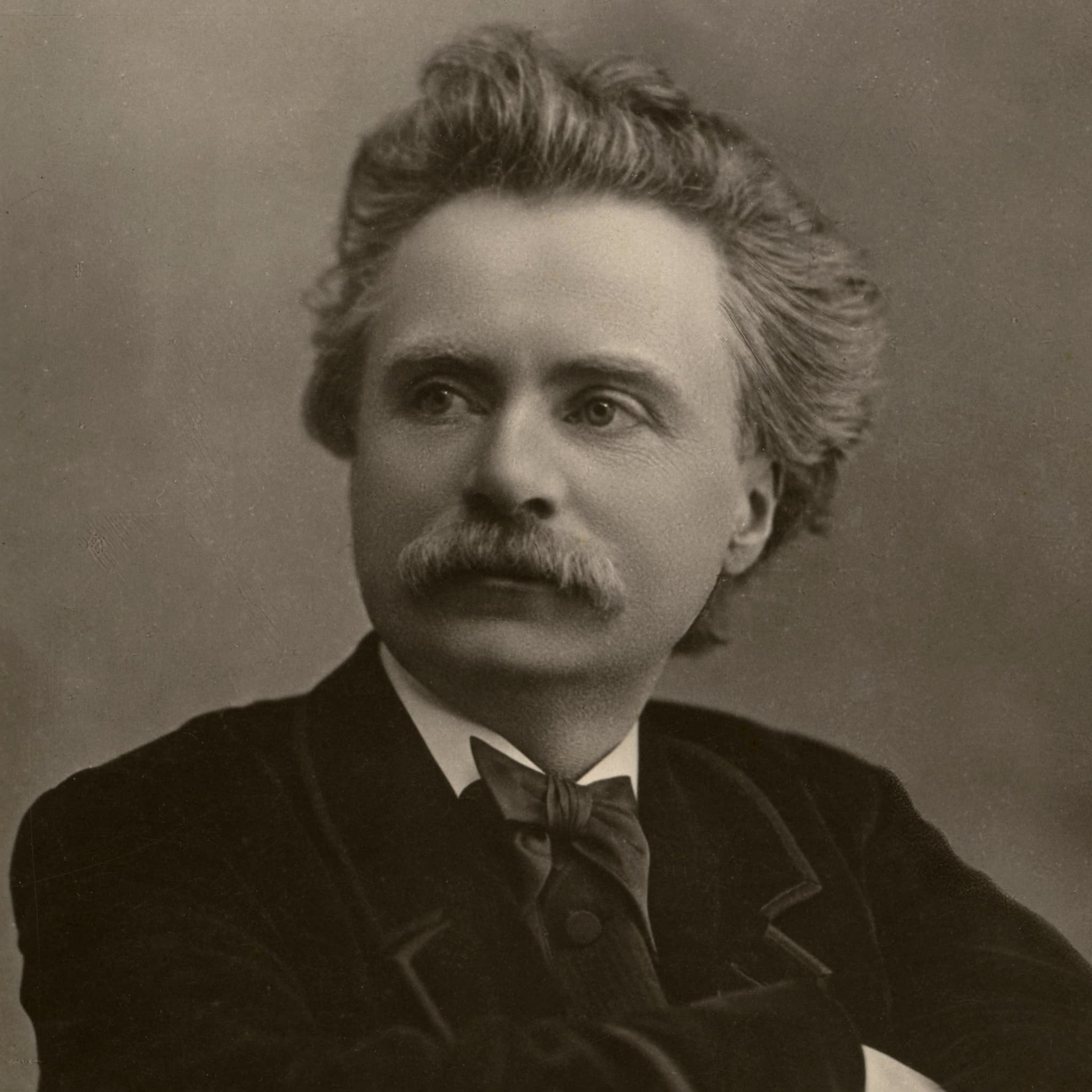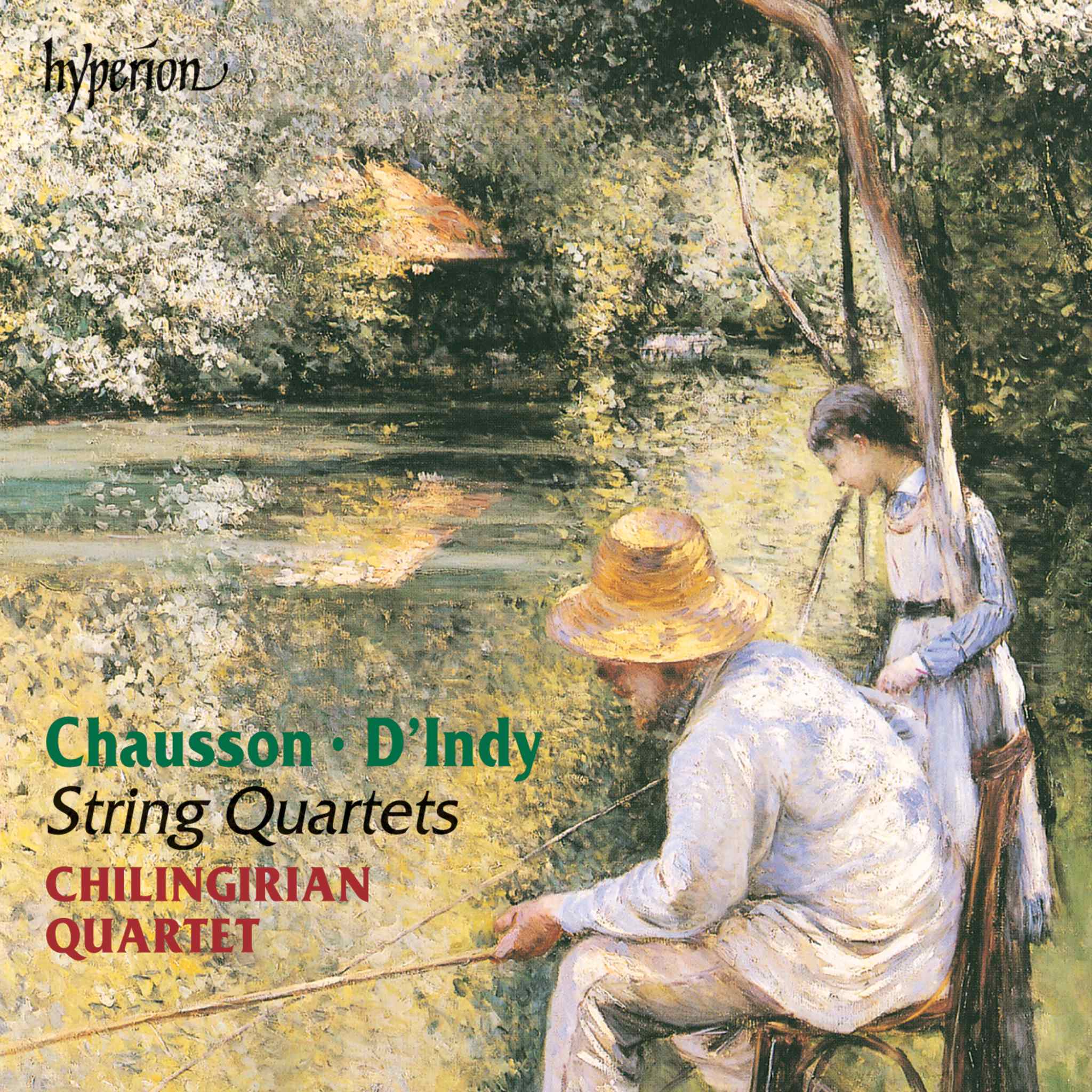Album insights
Born in Florence, Luigi Cherubini learned music fundamentals from his father, a harpsichordist. At 17, his education took a turn when the renowned opera composer Giuseppi Sarti arrived in Florence. With the financial help of Grand Duke Pietro Leopoldo, Cherubini joined Sarti's circle of esteemed students. This led him to travel with Sarti and earn recognition by composing a series of arias for his mentor's operas, eventually presenting his first opera, "Il Quinto Fabio," in 1780.
Cherubini's work faced mixed reception, notably his opera "Armida abbandonata," which showcased his distinctive orchestral style. His ability to blend simple yet intricately orchestrated themes with dramatic crescendos and rapid rhythms hinted at his future influence on composers like Rossini. Meanwhile, "Mesenzio, re d’Etruria," a heroic drama inspired by Virgil's Aeneid, found a more favorable audience, highlighting Cherubini's adept handling of woodwinds and dynamic orchestration.
Encouraged by Sarti, Cherubini traveled to London in 1784, where his new works, "La finta principessa" and "Il Giulio Sabino," were met with disappointment despite their artistic merits. Transitioning to Paris, Cherubini aimed to conquer the prestigious opera scene. His debut with "Démophon" in 1788, though initially unappreciated, revealed his mastery of orchestration and symphonic depth, setting the stage for significant future contributions to music.
Parisian circles introduced Cherubini to influential figures like Giovanni Battista Viotti, facilitating his entry into the Parisian opera arena previously dominated by Gluck. Despite setbacks, Cherubini found success through collaborations like "Ifigenia in Aulide," distancing himself from conventional virtuosic demands in favor of heightened dramatic impact. His association with Viotti's Théâtre de Monsieur further boosted his reputation, resulting in significant works for prominent performers like Mademoiselle Balletti.
Cherubini's compositions for Balletti, including the arias “Ti lascio adorato mio ben” and “D’un dolce ardor la face,” underscored his evolving style and narrative depth. The notable success of his opera "Lodoïska" in 1791 marked a pivotal moment as political upheaval loomed in revolutionary France. Despite the challenges faced during this turbulent era, Cherubini's innovative approach to music and dramatic storytelling continued to captivate audiences and secure his enduring legacy in the history of classical music.





